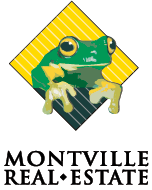Welcome
Montville History Group acknowledges the traditional custodians of this part of the Sunshine Coast, the Jinibara people and the people of the coastal and lowland areas, the Kabi Kabi. We pay our respects to the keepers of their stories and traditions, their elders past, present and emerging.
This web site was created by the volunteer members of the Montville History Group. We are currently focusing on the evolution of Montville, Flaxton and Hunchy and will be adding more stories and photographs as time goes by.
If you have photos, stories, family histories or recollections to share about Hinterland districts including Montville, Flaxton, Balmoral and Hunchy we would love to hear from you.
Contact us by emailing research@montvillehistory.org.au
You can use the search field below to search the whole of site or simply access via the navigation bar at the top. Enjoy!
This Month – April
The Mapleton/ Montville dawn service begins at 5.20 am at the Montville Memorial Gates adjacent the Montville Hall – all welcome
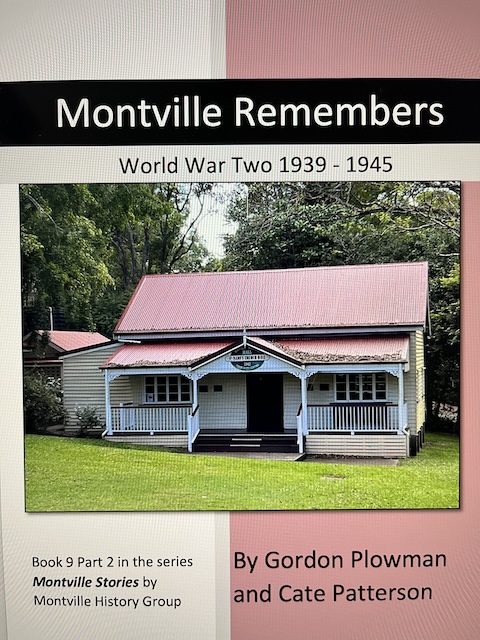
The next book in the Montville Stories Series is about the people from Montville, Flaxton and Hunchy who enlisted in World War Two. Here is a snippet from a Montville Enlistee.
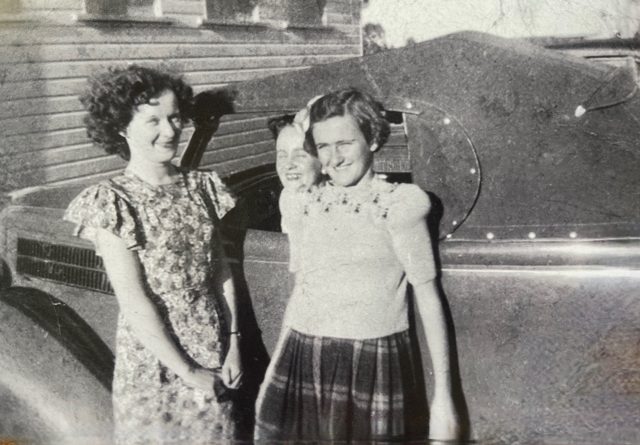
Joyce, Melva and Maureen Carter, late 1940s
CARTER Melva Olive, Q142161 (Driver, AWAS)
Melva Carter was born in October 1920 at Nambour and, like her sister Joyce, she was also in the AWAS. She enlisted in Brisbane in April 1942. She was almost 22 years old, single and a hairdresser. Her father Trevor Carter was listed as next of kin. Their house was Lot 5 (now 136) Main Street, Montville.
Like her sister, Melva also joined 1 Australian Ambulance Car Company. After training, she was classified Driver Training Group IIA. Six months later ACW Melva Carter WAAF was able to take leave and visited her family in Montville.
In May 1943 she was detached for duty at 2/12 Australian Hospital then rejoined her unit the following September. In August 1944 she served with the Australian Orthopaedic Hospital.
The 117 Australian General Hospital was established when the Army requisitioned Glennie Anglican Girls School in Toowoomba, where the surgical unit began operation in January 1942. The Glennie students and boarders vacated the premises and additional hospital buildings were constructed in the school grounds. The Headquarters and the Surgical Division later became the 1 Australian Orthopaedic Hospital.
Melva rejoined her unit in September 1945 then transferred to 148 General Hospital in June 1946.
In September 1946 she transferred to AWAS barracks for discharge.
Melva died in May, 1979 and is buried at Woombye.
Book 9 Part Two will be available later in 2024 and will retail at $30.00
Available NOW!!
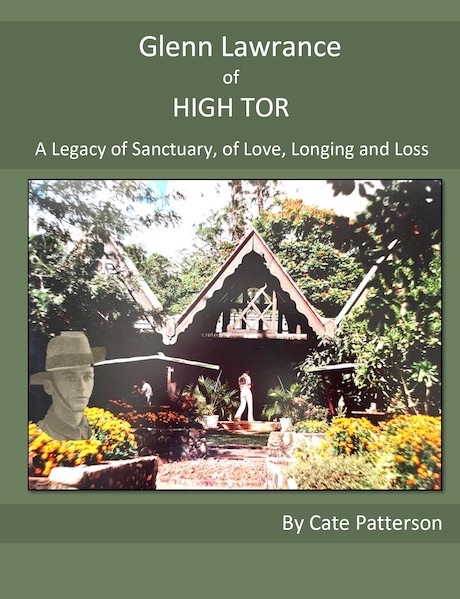
This is the story of E. Glenn Lawrance and the iconic flora and fauna sanctuary, tearooms, and guest house he created at his property High Tor, Maleny, from the late 1930s.
Available from Montville Post Office, this website (just send us an email) or at the Montville monthly markets at the Village Hall every 2nd Saturday 7.30 – 12.00 noon.
Cost $25.00
We start a new series – Montville Gems – stories about much-loved Montville people who have helped shaped the Montville we love today.

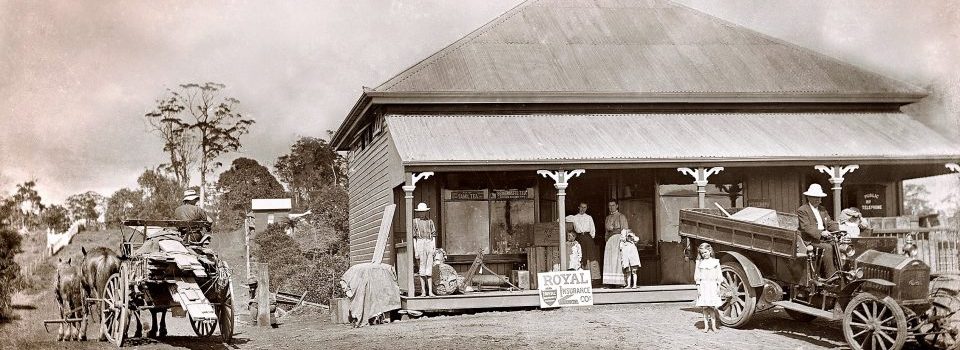
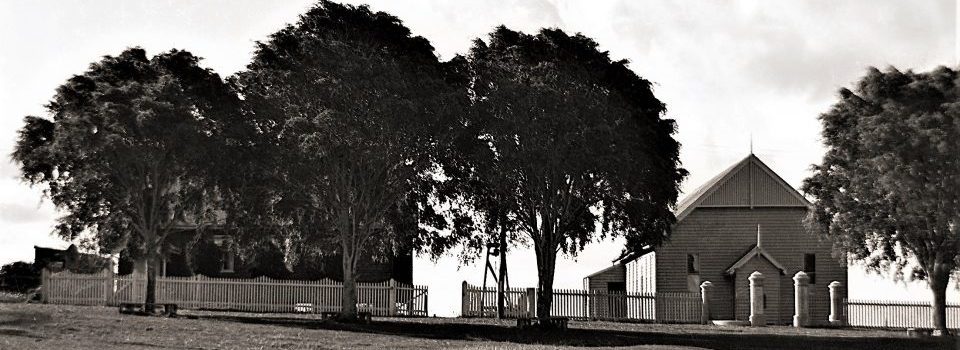
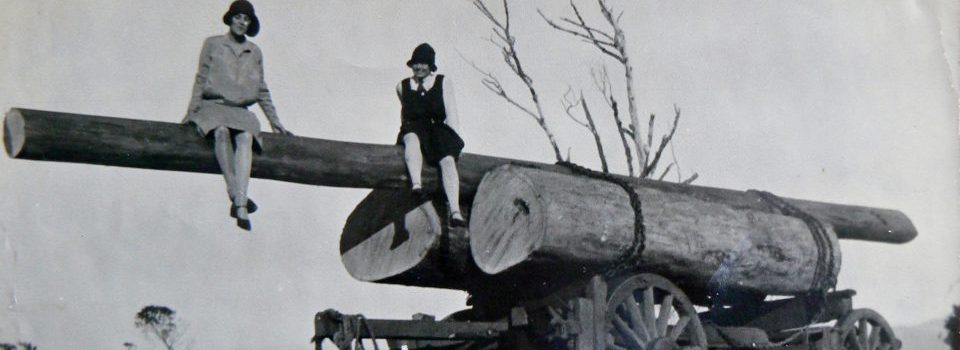
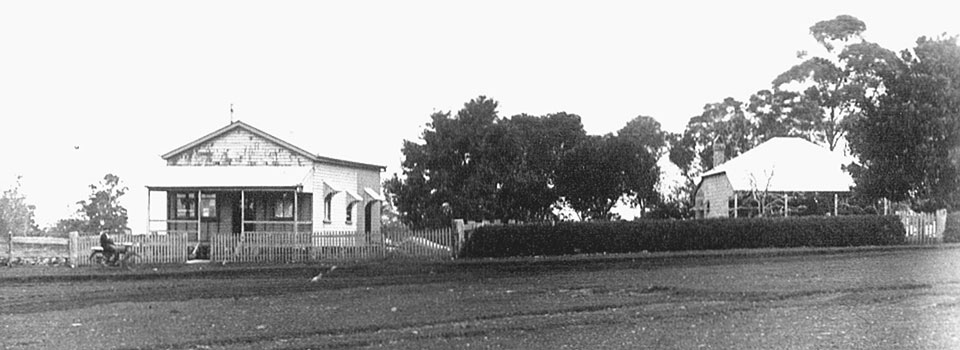
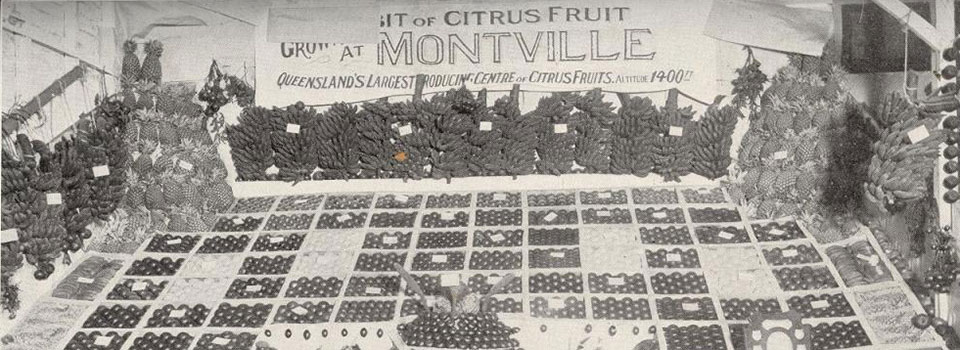
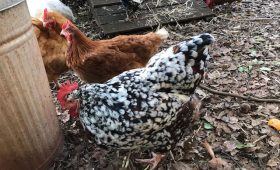
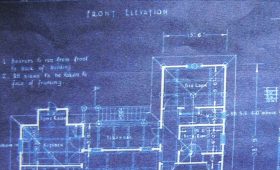
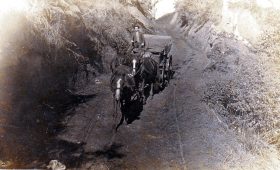
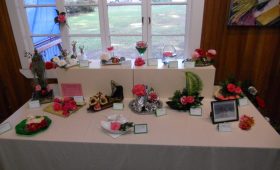
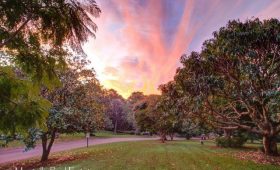
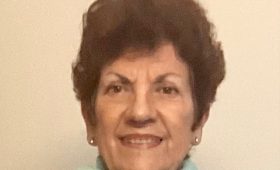
 ©2016 Montville History Group. All rights reserved.
©2016 Montville History Group. All rights reserved.